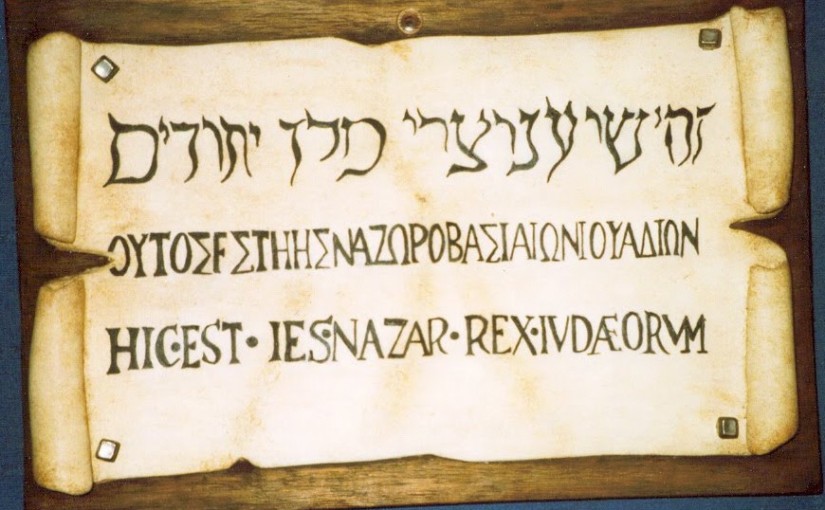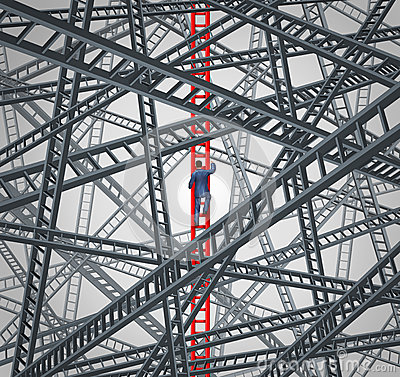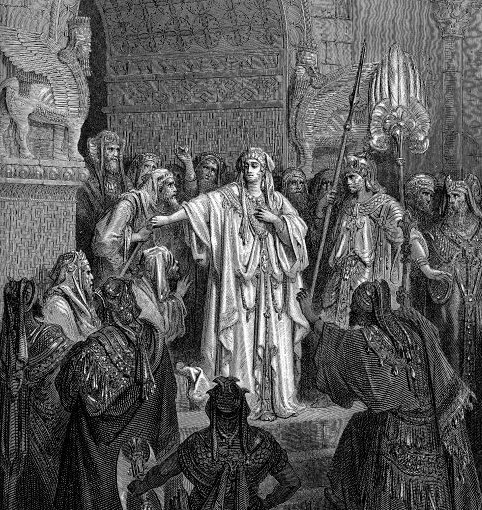I had the joy and privilege of going on the Alpha Away Day also known as the Holy Spirit away day. I guess an adjective to describe those who went on the Alpha away day would be “thirsty”. It reminded me of Jesus when he said “Blessed are those who hunger and thirst for righteousness, for they will be filled.” “I Thirst,” are some of Jesus’ last words. They are unique to the Gospel of John.
John 19:28 After this, Jesus, knowing that all was now finished, said (to fulfill the Scripture), “I thirst.”
The exact words “I thirst” or dipso in greek, though you may find the inflection elsewhere, is only found here in the Gospel of John. The other gospels record what is sometimes called the cry of dereliction “My God, My God why have you abandoned me!” John records only “I thirst.” It is a poetic way of reporting the cry of dereliction.
Jesus is the water of life of John 4 when speaking to the Samaritan Woman. Jesus is the one who beckons all who are thirsty to come to him at the Feast of Booths in John 7. In light of the connection in the Fourth Gospel between thirst and the living water which Jesus offers, it is striking that here, Jesus himself, the source of that living water, expresses his thirst. This is the poignancy of the cry of dereliction. Christ thirsts that we need not thirst again.
“I thirst” is a declaration of Jesus drininkg the cup of wrath to its full measure that we would not have to drink it. All we will ever experience is the water of grace.
Lastly “I thirst” is a prophetic declaration. Verse 28 says “knowing that all was now completed” and “so that the Scripture would be fulfilled”. The whole reason for this is that all has been fulfilled. His declaration of “I thirst” is not for himself. He is speaking of Pentecost. Jesus gives up his spirit that we may receive the Holy Spirit.
Perhaps we come to church thirsting for more of God, thirsting for the next fad, the next thrill, or the newest church service. Recently at the Alpha Holy Spirit Away day, a friend of mine challenged me. After we prayed for the infilling of the Holy Spirit he said, “I do not know what to feel. Are these feelings, this warmth, this tingling what you call the Holy Spirit. If it is, I was expecting so much more.”
Are we thirsty for the real thing? Are we thirsty for the right thing? God is much bigger than we imagine Him, why do we settle for anything less than Him.









